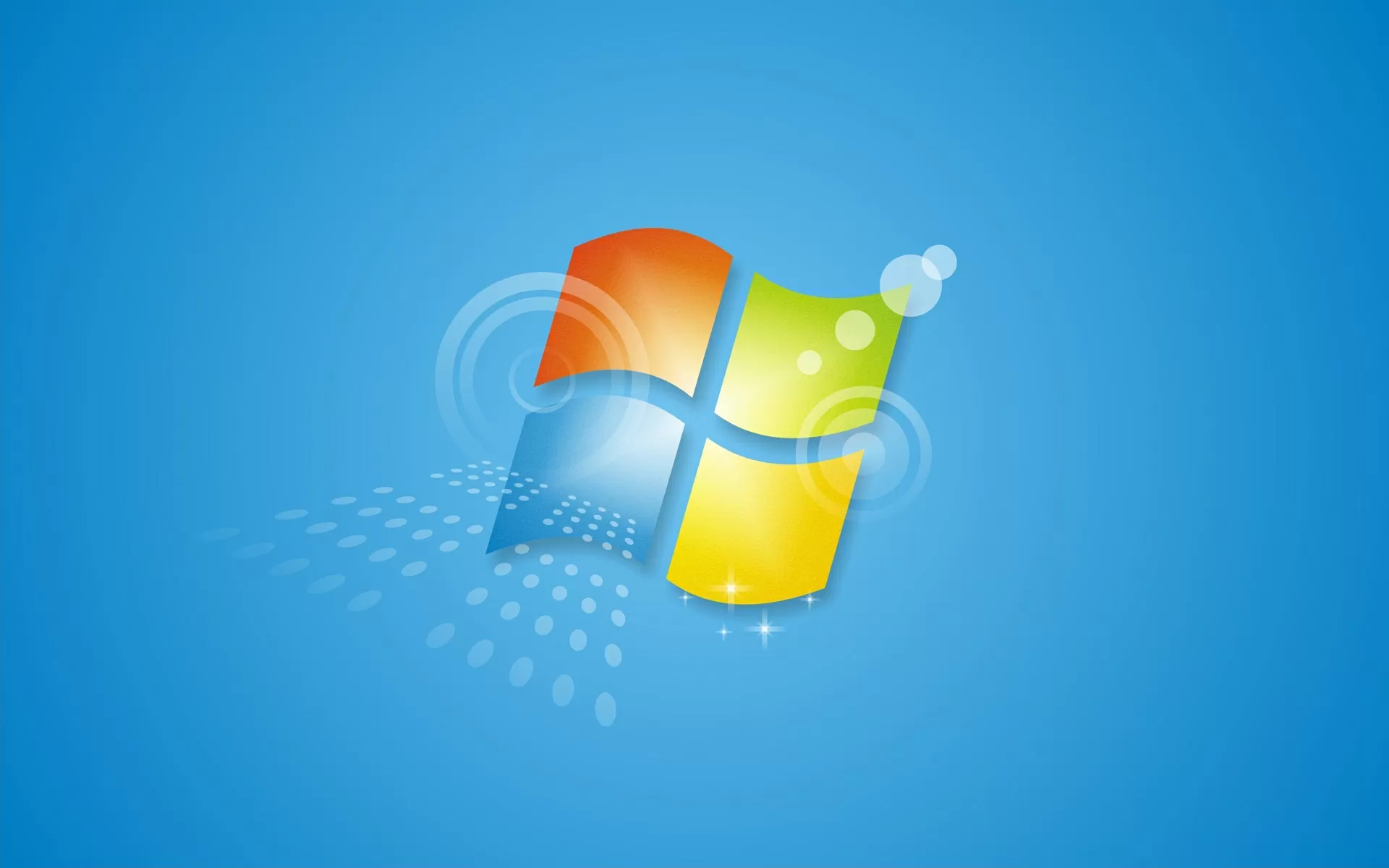In brief: With Windows 7's extended support set to end in less than six months, enterprise users are rushing to upgrade their networks to Windows 10. But for many businesses, the process isn't happening as quickly as they'd like.
On January 14, 2020, Microsoft will stop supporting the aging OS, meaning no more extended security updates (ESUs). Business and enterprise customers will have the option to pay for them, but the Redmond giant is charging on a per-device basis and doubling the cost each year. Starting at $25 per machine (or $50 for Windows 7 Pro), ESUs will reach $100 or $200 per PC by year three.
Unsurprisingly, companies are now migrating to Windows 10, but research from endpoint management and security firm 1E shows that many are significantly behind in completing their upgrades.
While the report reveals 82 percent of organizations say security is a motivating factor in moving to Windows 10, 56 percent say the process isn't happening fast enough. Of the 600 senior IT decision-makers surveyed, it was reported that 32 percent of endpoints were left unconverted.
Retail, distribution, and transport industries are furthest behind with 65 percent of devices migrated, though financial services, public sector, construction and property, and media, leisure and entertainment are only slightly ahead at 66 percent.
"A main obstacle to the transition appears to be the growth in remote work, which 77% agree is creating security concerns specifically around the challenge of updates. The extraordinarily high rates of concern around the energy sector for remote work (92%) are unsurprising, since, from oil rigs to oil fields, from tankers to trucks, it has long been an intrinsically 'remote' industry," said 1E.
Even those businesses that have moved to Windows 10 could find that its massive bi-annual updates prove to be a problem without the right tools. "If you're already struggling with Windows 10 migration, you will continue to struggle even more with the updates, and it all comes down to the same problem: a lack of endpoint reach and control," said Sumir Karayi, CEO at 1E.
Almost 80 percent of survey participants said software migration automation is the most important cybersecurity investment their organizations must make in the next year, while over 75 percent said remote work would remain a security concern until they can find a way to reach, patch and secure those devices.
